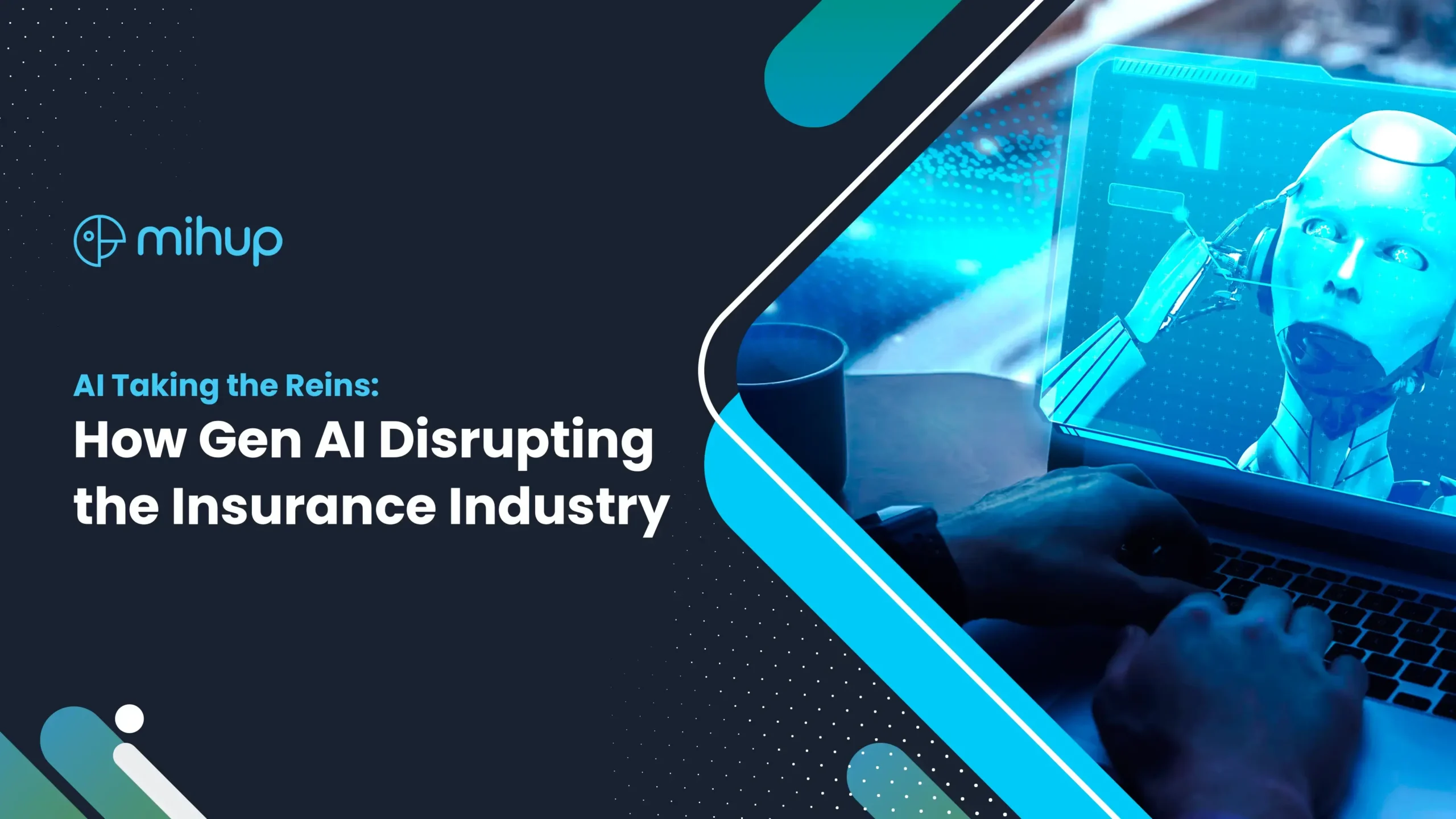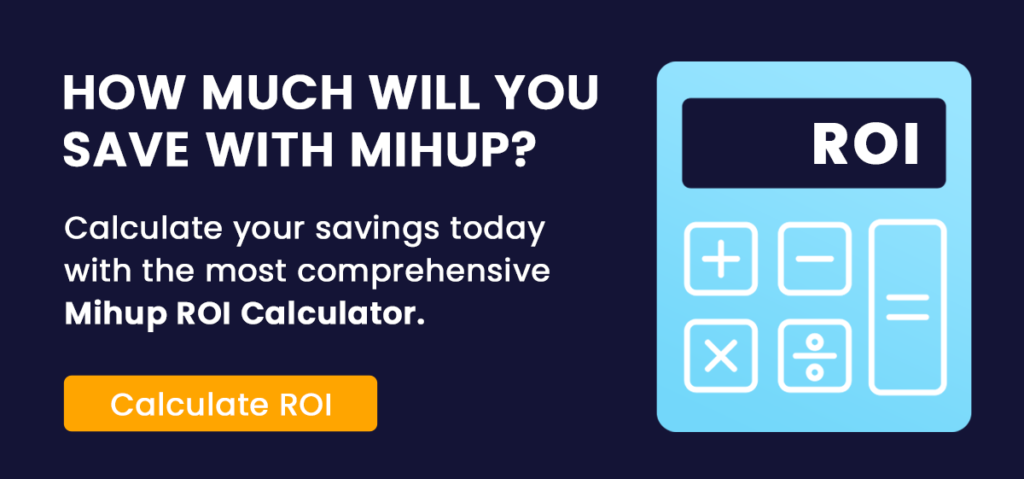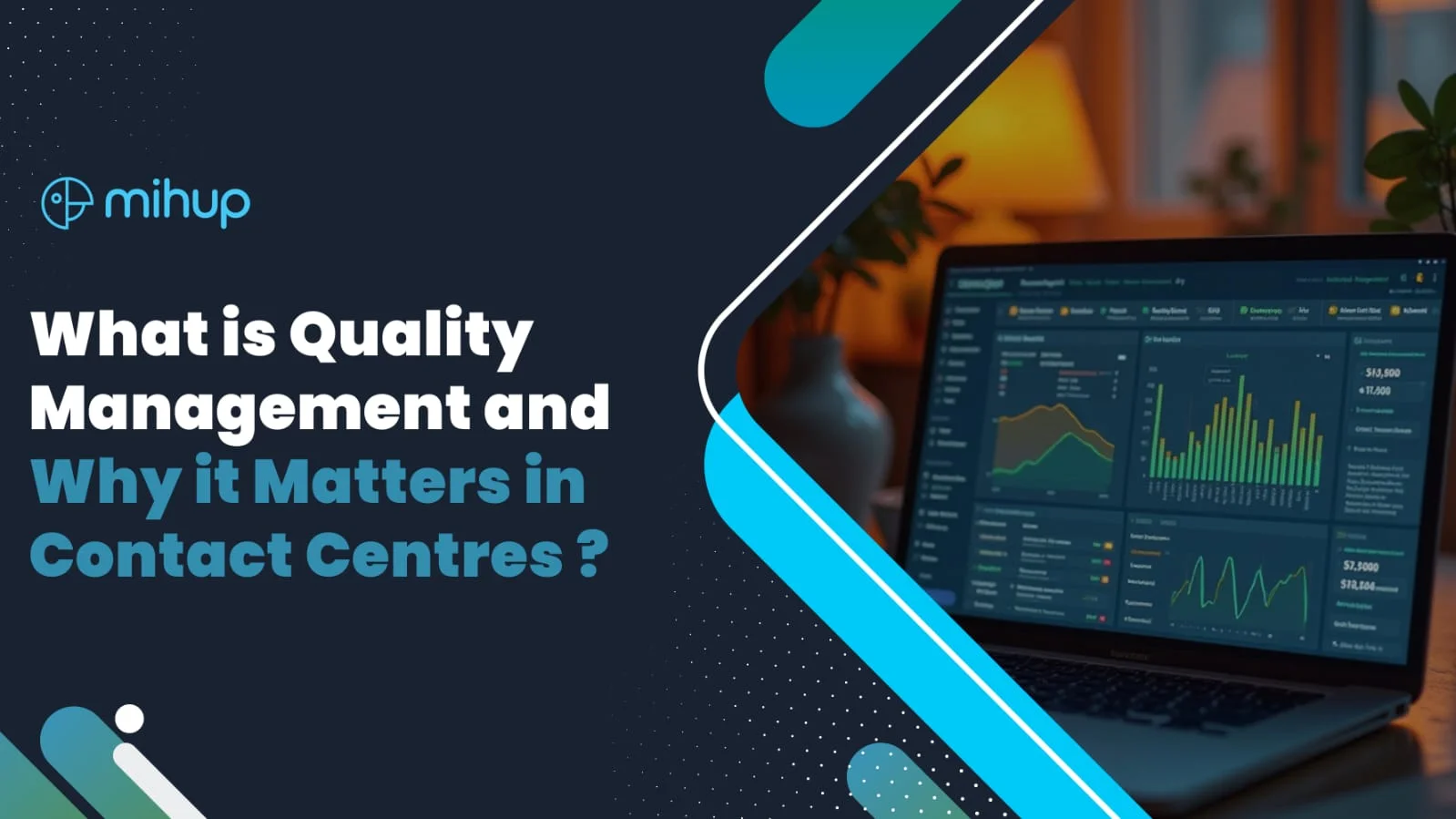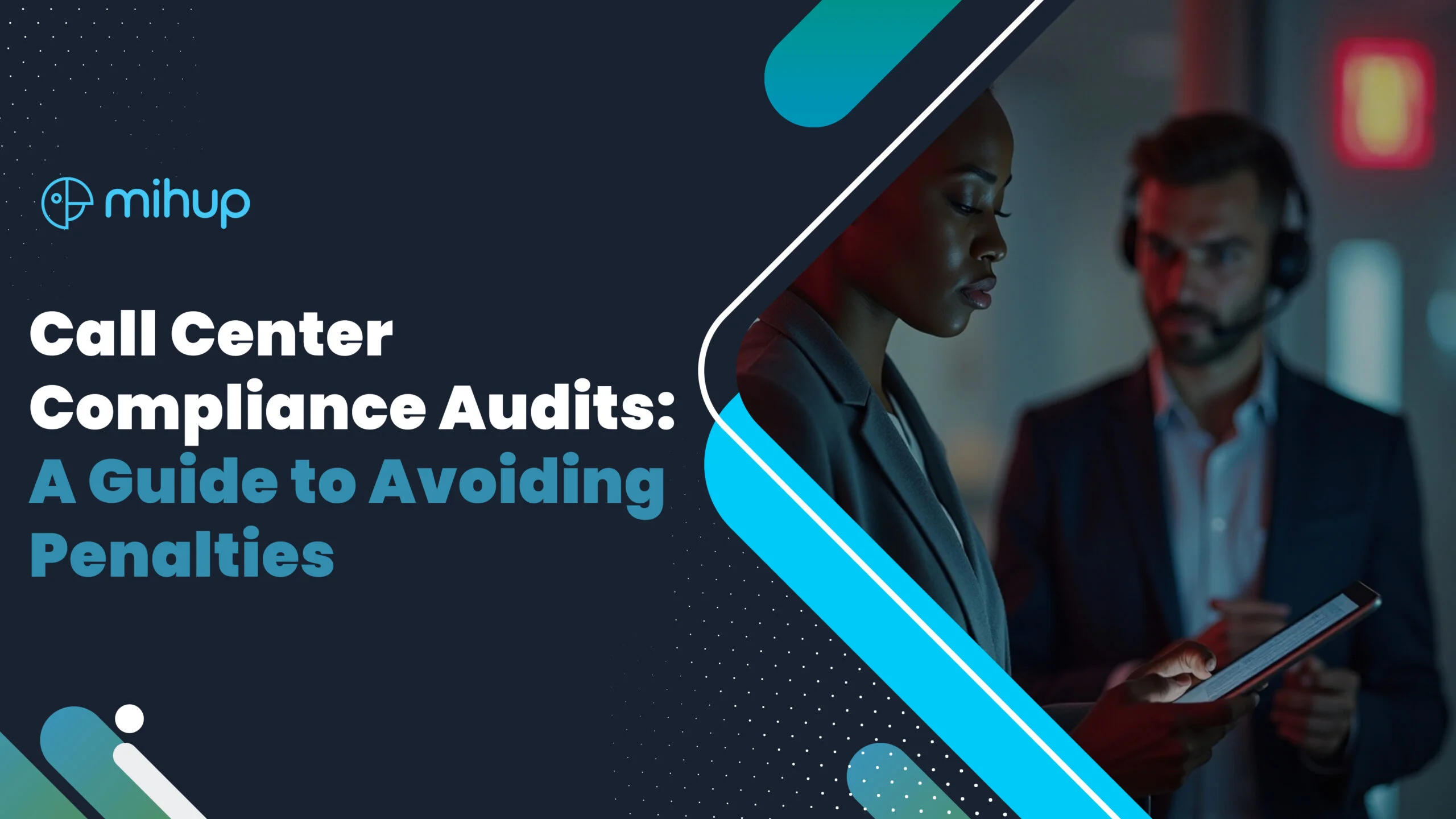Technological advancements in the insurance industry, have become integral for streamlining processes and enhancing overall efficiency. One such groundbreaking development is the integration of Generative Artificial Intelligence (Gen AI) into insurance operations. Gen AI holds the promise of transforming the traditional insurance landscape by addressing critical challenges, disrupting existing norms, and optimizing risk management processes. In this blog, we will be talking about the problems that Gen AI can solve for the insurance sector, and understand how it is disrupting the industry.
What are the Problems that Gen AI Can Solve for the Insurance Sector?
Automated Underwriting and Risk Assessment
Gen AI has the capability to process vast amounts of data at incredible speeds, facilitating automated underwriting and risk assessment processes. Traditional methods often rely on manual evaluations, leading to delays and potential inaccuracies. With Gen AI, insurance companies can leverage advanced algorithms to analyze historical data, customer behavior, and market trends, enabling more precise risk evaluation.
Fraud Detection and Prevention with Gen AI
Fraudulent claims cost the insurance industry billions of dollars annually. Generative AI can play a pivotal role in fraud detection by identifying patterns and anomalies in data that might go unnoticed by human agents. Machine learning algorithms can learn from historical fraud cases, constantly evolving to detect new and sophisticated fraudulent activities.
Customer Experience Enhancement
Improving customer experience is a key focus for insurance companies, and Gen AI can contribute significantly. Chatbots powered by Generative AI can provide instant responses to customer queries, guide them through policy selection processes, and even offer personalized recommendations. This not only enhances customer satisfaction but also streamlines the customer journey.
Personalized Product Offerings
Gen AI enables insurers to develop a deeper understanding of individual customer needs and preferences. By analyzing diverse datasets, including customer behavior and external factors, insurance companies can tailor their product offerings to better meet the unique requirements of each customer. This personalization not only attracts customers but also improves the overall relevance of insurance products.
How is Gen AI Disrupting the Insurance Sector?
Data-Driven Decision-Making
In the insurance industry, where uncertainties are inherent, data serves as the bedrock upon which informed decisions are made. Traditional methods of data analysis often involve time-consuming manual processes, leaving room for human error and limiting the ability to process vast datasets efficiently. Enter Generative Artificial Intelligence (Gen AI), a transformative force that takes data-driven decision-making to unprecedented heights.
At its core, the insurance sector relies on an extensive array of information – from historical claims data and customer profiles to market trends and regulatory changes. Gen AI revolutionizes this process by seamlessly processing and interpreting complex datasets, demonstrating unparalleled speed and accuracy. The technology’s ability to swiftly analyze enormous volumes of data empowers insurance companies to make more informed underwriting decisions.
This enhanced decision-making capability extends to setting accurate premium rates, a crucial aspect of insurance operations. Generative AI’s analytical prowess allows insurers to refine their pricing strategies based on a comprehensive understanding of risk factors, customer behaviors, and market dynamics. The result is a more precise alignment of premiums with actual risk exposure, enhancing fairness for both the insurer and the policyholder.
Moreover, Generative AI enables insurance companies to respond dynamically to market changes. Real-time data analysis facilitates a proactive approach to adjusting business strategies, ensuring that insurers can swiftly adapt to emerging trends, regulatory shifts, or unforeseen events. This agility is a game-changer in an industry where staying ahead of the curve is synonymous with success.
Predictive Analytics for Risk Management
Predicting and managing risks is at the heart of the insurance industry. Gen AI stands out as a potent tool in this regard, leveraging predictive analytics to empower insurers with the ability to anticipate and mitigate risks effectively. Traditional risk management approaches often rely on historical data analysis, but Gen AI takes this a step further by identifying intricate patterns and trends that might be imperceptible to human analysts.
By analyzing vast amounts of historical data, Gen AI models can forecast potential risks with a level of accuracy that transcends traditional methods. These models continuously learn and adapt, refining their predictions as they encounter new data. This proactive approach not only minimizes potential losses but also enhances the overall performance of an insurance portfolio.
Gen AI’s predictive analytics capabilities extend beyond risk assessment; they play a crucial role in developing proactive risk management strategies. Insurers can identify emerging trends, potential vulnerabilities, and areas of improvement, allowing them to take preventive measures before risks escalate. This shift from a reactive to a proactive risk management approach is a fundamental transformation brought about by Gen AI.
Claims Processing Efficiency
Claims processing, a cornerstone of insurance operations, has historically been a laborious and time-intensive task. Gen AI steps in to revolutionize this aspect by automating claim verification processes, dramatically reducing the time it takes to settle claims. The integration of AI-powered image and text recognition technologies further expedites the overall claims settlement process.
According to BCG, productivity will improve by 20% to 30% through the large-scale adoption of Gen AI for administrative tasks related to claims.
In traditional settings, claims processing involves manual reviews, document verifications, and communication with various stakeholders. Gen AI streamlines these tasks by automating the verification of claims based on predefined criteria. This not only accelerates the processing time but also minimizes the likelihood of errors, improving the overall accuracy and reliability of the claims settlement process.
The introduction of AI-powered image and text recognition technologies enhances claims assessment by quickly and accurately evaluating damages. Whether it’s assessing property damage from images or parsing through textual descriptions of incidents, Gen AI brings a level of efficiency and objectivity that significantly transforms the claims processing workflow. This not only benefits insurers by reducing operational costs but also enhances the overall customer experience by expediting claim settlements.
Dynamic Pricing Models
Traditional insurance pricing models have often been criticized for their static nature, which may not accurately reflect real-time changes in risk. Gen AI injects dynamism into pricing strategies, allowing for the development of dynamic pricing models that can adapt to market fluctuations, emerging risks, and changes in customer behavior.
The agility in pricing introduced by Gen AI is a game-changer for insurers striving to remain competitive and responsive to evolving market conditions. By continuously analyzing data, including market trends, competitor pricing, and customer behavior, Gen AI enables insurers to adjust premium rates in real-time. This not only ensures that premiums accurately reflect the current risk landscape but also allows insurers to optimize pricing strategies for different customer segments.
Furthermore, dynamic pricing models supported by Gen AI contribute to improved customer satisfaction. Policyholders benefit from fairer and more personalized pricing structures that align with their individual risk profiles. This, in turn, enhances customer loyalty and competitiveness for insurers in a market where customer-centricity is increasingly crucial.
Read our blog to know more about Gen AI and how it is emerging in the fintech space.
Is There Any Company Currently Using Gen AI in Their Insurance Operations?
Yes, several forward-thinking companies in the insurance industry have recognized the potential of Gen AI and have integrated it into their operations to gain a competitive edge. One notable example is Lemonade, an insurance company that has disrupted the traditional insurance model by leveraging artificial intelligence and behavioral economics.
Lemonade: A Paradigm Shift in Insurance
Lemonade, founded in 2015, utilizes Gen AI to provide homeowners and renters insurance with a modern, customer-centric approach. The company’s platform is powered by AI algorithms that streamline the underwriting process, allowing customers to obtain insurance coverage within minutes. Lemonade’s AI bot, named Maya, interacts with customers to gather information and process claims swiftly.
The company’s innovative use of Gen AI goes beyond just expediting processes; it aims to create a transparent and trust-based relationship with customers. Lemonade’s AI algorithms assess claims in a matter of seconds, and the company takes a flat fee from premiums, aligning its interests with policyholders. This business model, enabled by Gen AI, has garnered attention for its disruptive potential in an industry traditionally characterized by complexity and bureaucracy.
While Lemonade stands out as a pioneer in integrating Gen AI into insurance operations, other established insurers are also exploring and implementing AI technologies to enhance their services. These companies recognize the transformative impact of Gen AI on risk management, customer engagement, and operational efficiency.
Gen AI is poised to redefine the landscape of the insurance industry, offering innovative solutions to age-old challenges. From automating underwriting processes to enhancing customer experiences, Gen AI brings a myriad of benefits to insurers willing to embrace technological evolution. The successful integration of Gen AI by companies like Lemonade exemplifies how this technology can revolutionize traditional practices and pave the way for a more efficient, customer-centric, and adaptive insurance sector. As the industry continues to evolve, the role of Gen AI is set to become increasingly prominent, ushering in a new era of data-driven decision-making and transformative innovation in insurance operations.





